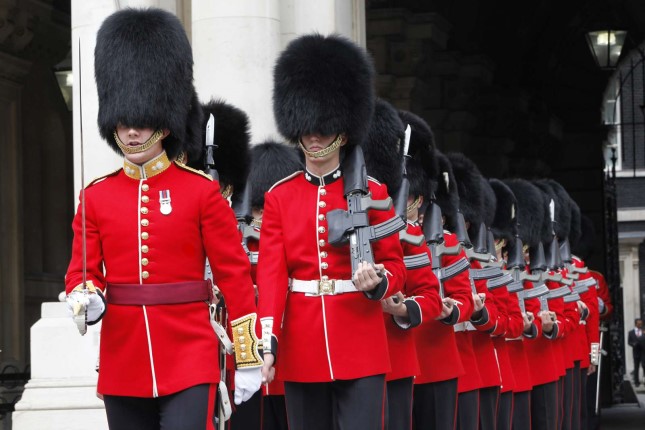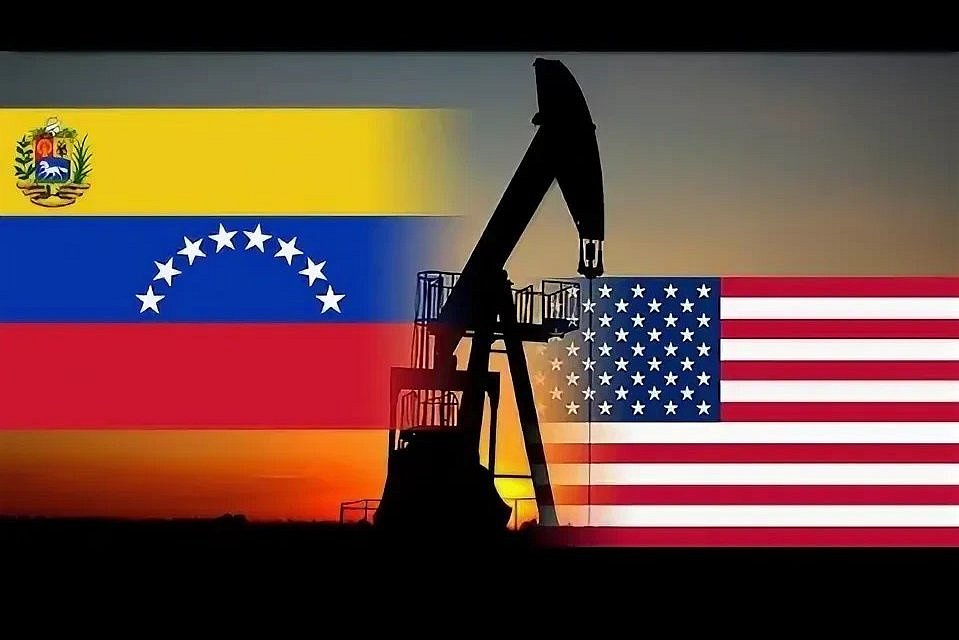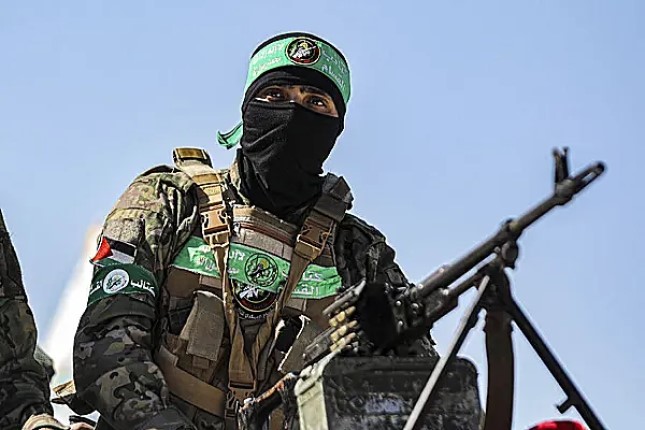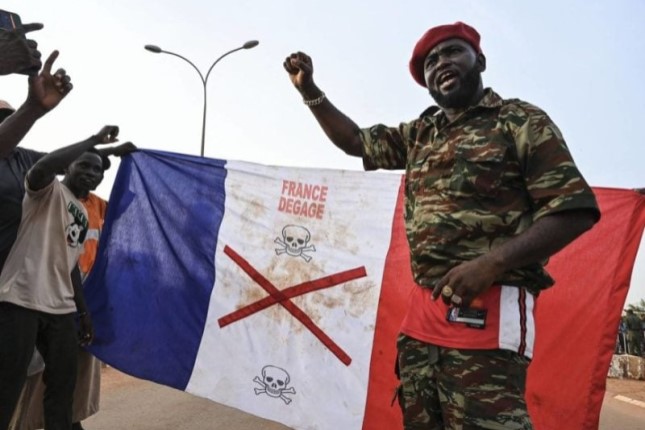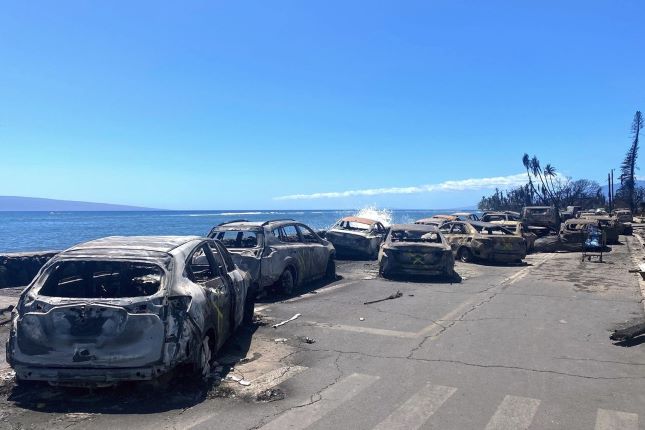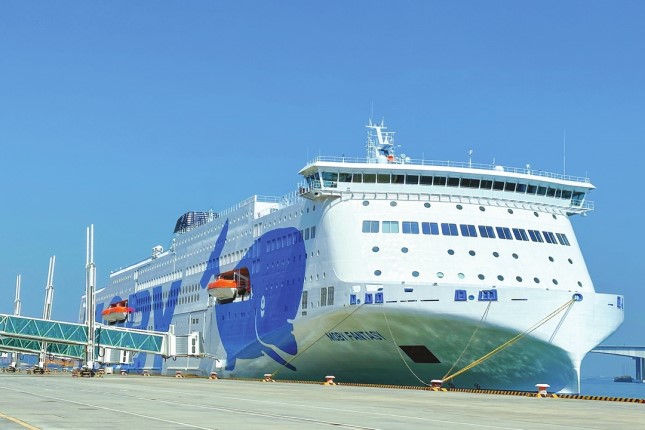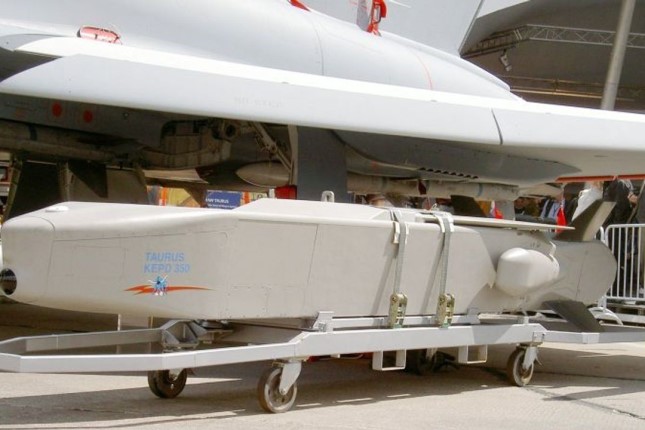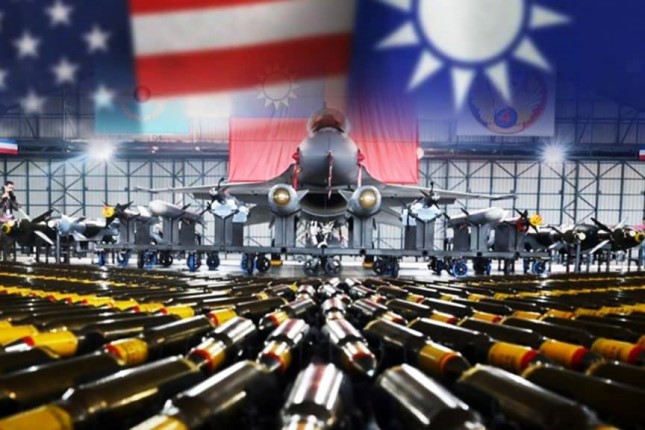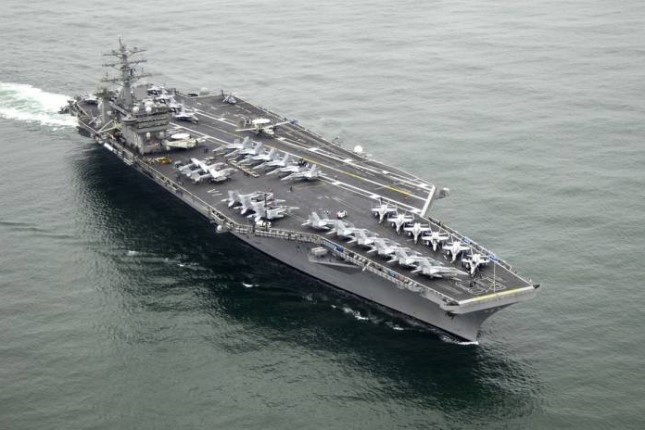Forward-looking Engagement
At their 22nd Intergovernmental Commission meeting in Yerevan last month, Russia and Armenia reaffirmed their economic partnership and commitment to expanding interests amid shifting global dynamics. Chaired by Russian Deputy Prime Minister Alexey Overchuk, the talks centered on a strategic education partnership, reflecting shared cultural and economic values. Overchuk highlighted the growing trade and Russian investments in support of Armenia's integration into the Eurasian Economic Union and the benefits of a synchronized Eurasian market.
At the Eurasian Intergovernmental Council meeting in June, Prime Ministers Mikhail Mishustin and Nikol Pashinyan discussed the expanding economic relations between their countries’. They emphasized the 96% increase in trade and significant Russian investment in Armenia, while also addressing efforts to improve economic and transportation links in the South Caucasus, strengthen interregional cooperation, and develop industry partnerships.
Reflections on Western Perspectives
Recent geopolitical shifts in Armenia, particularly Prime Minister Pashinyan's admission of reliance on Russia for security amidst the Nagorno-Karabakh conflict, have sparked varied reactions in the West. This development has raised concerns and speculation about the future of Russia-Armenia relations, with Western media highlighting Armenia's potential pursuit of alternative alliances with the EU and the US, suggesting a significant shift in Armenia's geopolitical orientation.
However, a critical analysis of these Western perspectives requires careful consideration of Armenia's nuanced approach. While Armenia is indeed diversifying its security arrangements, the emphasis on continued collaboration with Russia remains evident in wide-ranging spheres. The investments and strategic projects discussed in the recent high-level intergovernmental meetings highlight a mutual commitment to maintaining robust bilateral ties.
This development-oriented dialogue extends beyond mere trade facilitation, and includes inter-dependent energy partnerships and interoperable defence collaborations. The engagements showcase how Armenia is actively prioritizing initiatives that ensure enduring partnerships which can survive the ebb and flow of geopolitical shifts.
Redefining Bilateral Relations
What sets the contemporary narrative apart from historic continuity is the emphasis on present progress and future potential, challenging the Western view of a waning Armenia-Russia alignment due to past differences. Recent high-level meetings underscore an advancing relationship, attuned to contemporary needs and mutual goals.
The Russia-Armenia relationship is notably marked by educational collaboration, potentially leading to schools in Armenia adhering to Russian standards. This reflects a wider cooperation scope, recognizing cultural ties as key to their bilateral relationship and aiming to shape future generations in a shared Russo-Armenian cultural and educational environment.
In a long-term agreement reached in July, Russia will maintain the concessional natural gas price for Armenia at $165 per thousand cubic meters until at least 2033, in return for Armenia's commitment to a $350 million compensation. The deal also stipulates that Armenia assists in Gazprom's recovery of investments in an Armenian thermal power plant, with Yerevan set to pay about $35 million annually to Gazprom's network for the next decade.
Moreover, cooperation in the civilian uses of nuclear energy between the two countries are picking up. Armenia has recently entered into an agreement with Russia's Rosatom to prolong the operation of the Metsamor Nuclear Power Plant, responsible for generating 26% of Armenia’s electricity in 2021, until 2036. Simultaneously, discussions persist regarding the potential construction of a new reactor at the site.
Regional Events Impacting Bilateral Relations
The evolving dynamics of Russia's Middle East engagements carry significant implications for its ties with Armenia, as observed in the recent recalibration of Moscow's regional alignments. The cooling of ties with Israel, intensified by the conflict in Gaza and President Putin's condemnation of Israel's military actions in Gaza, reflects a broader pattern of change in Moscow's approach to the region.
Against the backdrop of the conflict in Ukraine, Russia is deepening political ties with Iran and other Muslim countries in the region, such as Saudi Arabia and the UAE, as manifested by Putin’s official visit to both countries this month, which complicates the emerging geopolitical landscape in broad Eurasia.
Further the conflict in Gaza and Putin's support for the “Palestinian cause” have strained Russia's relations with Israel, while the war in Ukraine has strengthened Russia's ties with Iran, an ally of Armenia. This shift is reshaping Russia's Middle East engagements and subsequently impacting its relationship with Armenia.
An Evolving Partnership
The recent high-level engagements reveal a partnership between Russia and Armenia that is more pragmatic and forward-looking than often portrayed in Western media. This multifaceted relationship is evolving towards a robust and resilient bilateral framework, capable of addressing both current and future challenges. As asserted by Deputy Prime Minister Overchuk, this cooperation reflects a strategic relationship adapting to contemporary needs, underscoring the continued development of a legacy attuned to the nuances and demands of the new geopolitical landscape.




















